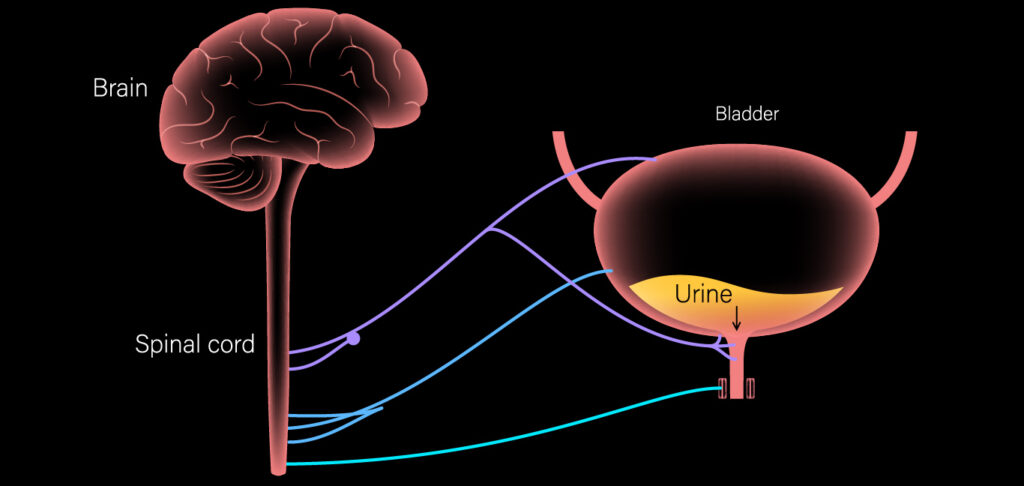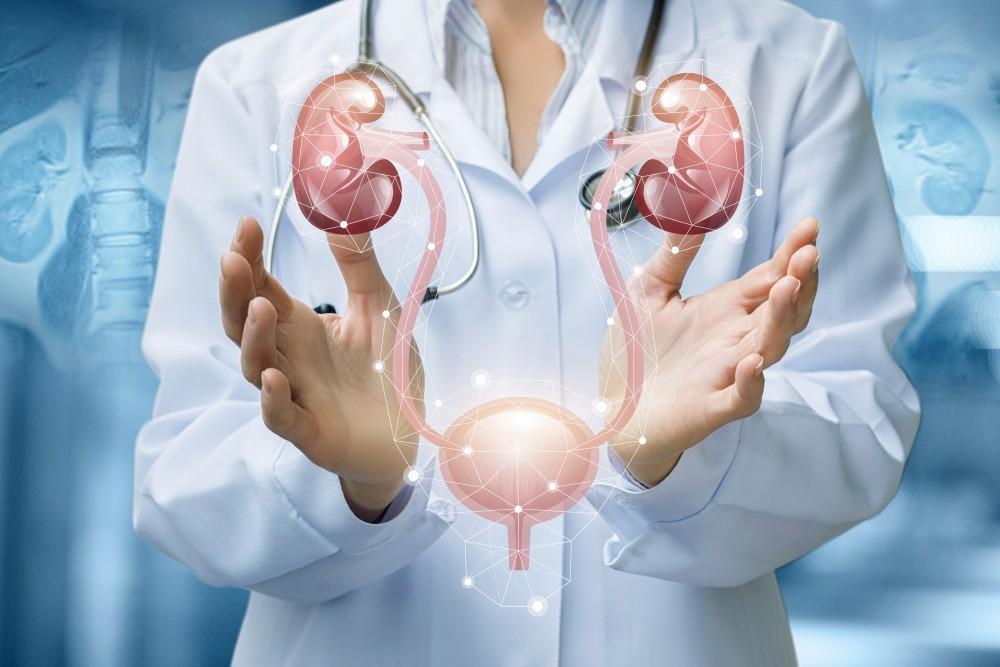Your bladder is essential for maintaining a healthy lifestyle, but there are always risks to bladder issues which are in most cases caused by other underlying conditions. Poor bladder health especially can cause UTI,s leading to urinary incontinence. The risk of bladder related problems can be reduced by understanding the bladder’s signals and adopting habits for a healthy bladder
Your bladder loses flexibility as you age

As you age, your bladder changes. Your bladder tissues toughen reducing bladder elasticity and the ability to be more flexible enough to hold urine. This is why you might feel the urge to pee more often. The bladder wall and pelvic floor muscles may weaken, making it harder to empty the bladder fully and causing urine to leak as in urinary incontinence. While you cannot control everything, you can certainly take steps to ensure your bladder remains healthier for longer and works as well even with age. That being said, here are 12 tips for a healthy bladder.
Tips for maintaining bladder health
Stay hydrated
Approximately 60% of the human body is water which is why you need to drink enough water to remain hydrated during the day. The recommended amount of water you should consume daily is eight 8 glasses. A good way to know you’re drinking enough water is when you urinate at least once every three to four hours. Drinking water flushes out bacteria from your bladder, dilutes the acidity and concentrate of your urine to prevent irritation and urinary tract infections.
Optimal fluid intake keeps your organs hydrated and strengthens bladder muscles after use.
Practice good bathroom habits
Avoid holding urine for a long period of time and void on a regular basis. Holding your urine for long periods can lead to weakened bladder muscles. Voiding prevents buildup of residual urine in the system which can lead to infections. Also, make sure to empty your bladder completely when you go to the bathroom.
Pelvic floor exercises
Regularly perform pelvic floor exercises, like Kegel exercises, to strengthen the muscles that support the bladder preventing urinary incontinence. Doing two or three sets of ten Kegels will strengthen these muscles and prevent any leakage during common everyday activities. To do Kegels, contract your pelvic floor muscles as if you were trying to stop the flow of urine, hold for a few seconds, and then release. Doing this daily helps a distended bladder, which is a bladder that doesn’t empty as well as it should.
Maintain a healthy weight and exercise
Maintaining a healthy weight with regular exercise and a balanced diet can remove the strain of excess weight on the bladder thus reducing UI. Physical activity helps control weight gain and your bladder to increase blood circulation that helps bladder function. Being overweight can increase the risk of bladder incontinence.
Avoid constipation
Too much stool built up in the colon exerts pressure on the bladder and keeps it from expanding resulting in your bladder filling faster or involuntary contractions. Make sure to eat a high-fiber diet full of veggies and fruits and drink plenty of water to prevent constipation.
Avoid bladder irritants
Limit or avoid substances that may irritate the bladder, such as caffeine, alcohol, spicy foods, and artificial sweeteners maintains a healthy bladder. Instead eat good foods rich in fiber low in acid, high in antioxidants, and high in water content. Foods good for your bladder are:
- Cranberries: Cranberries and 100% cranberry juice contain compounds that may help prevent UTIs by preventing bacteria, particularly E. coli, from adhering to the bladder walls. However, it’s essential to choose pure, unsweetened cranberry juice to avoid excess sugar intake.
- Blueberries: Blueberries, like cranberries, contain antioxidants that may contribute to urinary tract health. They also provide vitamins and minerals that support overall well-being.
- Apples: Apples are a good source of fiber, which can promote digestive health. Some studies suggest that fiber-rich diets may be associated with a lower risk of overactive bladder symptoms.
- Bananas: Bananas are low in acidity and are less likely to irritate the bladder. They also contain potassium, which is important for maintaining electrolyte balance in the body.
- Pumpkin Seeds: Pumpkin seeds are rich in magnesium and can be beneficial for bladder health. Magnesium may help reduce bladder spasms and promote muscle relaxation.
- Whole Grains: Whole grain foods like brown rice, quinoa, and whole wheat products provide fiber, which supports digestive health. A healthy digestive system can contribute to overall bladder well-being.
- Greek Yogurt: Greek yogurt is a good source of probiotics, which are beneficial bacteria that can support gut health. A healthy gut can indirectly contribute to bladder health.
- Herbal Teas: Some herbal teas, like chamomile or peppermint, can have soothing effects on the bladder and may help reduce inflammation.
Quit smoking
Smoking can irritate the bladder and increase the risk of bladder-related health issues, including bladder cancer.
Manage chronic conditions
Don’t hesitate to consult a medical professional if you have neurological disorders, vascular diseases, UTIs, interstitial cystitis, overactive bladder, urinary incontinence, bladder cancer are or diabetes. Timely help will improve your condition and reduce the damaging effects for a healthy bldder .
Check medication symptoms.
Medications like depressants can cause incontinence as the bladder is involuntarily relaxed. Medications that affect the central nervous system, especially sleeping medication can dull the nerves. If you’re consuming these, you might be so relaxed, you won’t even feel the urge to urinate which isn’t good.
Common bladder problems and when to seek help
Bladder problems can disrupt people’s social lives making it harder to get things done at home or work. Travelling also becomes difficult with bladder problems. Common bladder problems include urinary tract infections, urinary incontinence, overactive bladder and urinary retention.
Common signs of a bladder problem
- Inability to hold urine
- Leaky urine
- Urge to urinate more frequently
- Cloudy urine
- Blood in the urine
- Pain or burning before, during, or after urinating
- Trouble starting urine
- Weak urine stream
- Trouble emptying the bladder
- Waking up at night to urinate more than often
Such bladder problems if left untreated can only worsen over time. If you experience any of these symptoms, consult your doctor for appropriate treatment and adopt these tips for a healthy bladder and a better quality of life.

